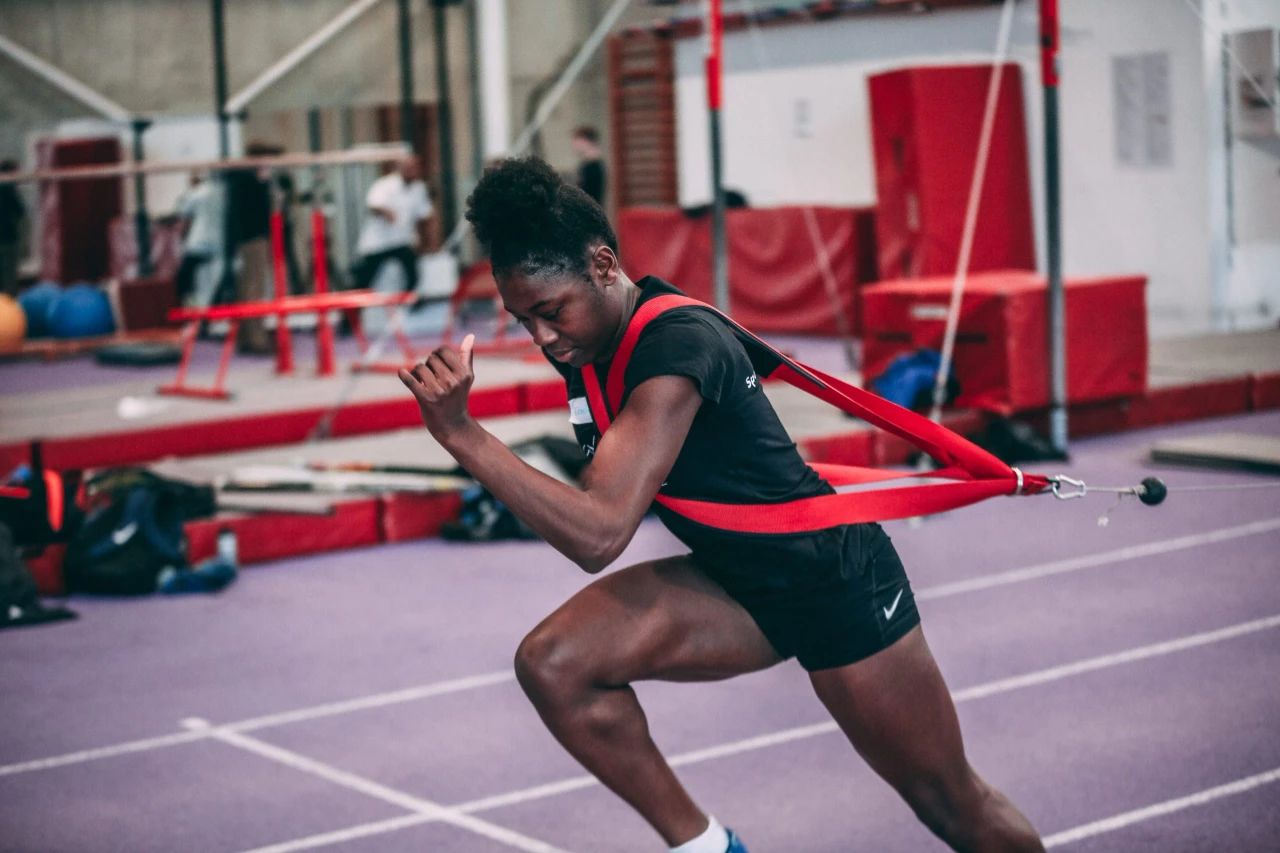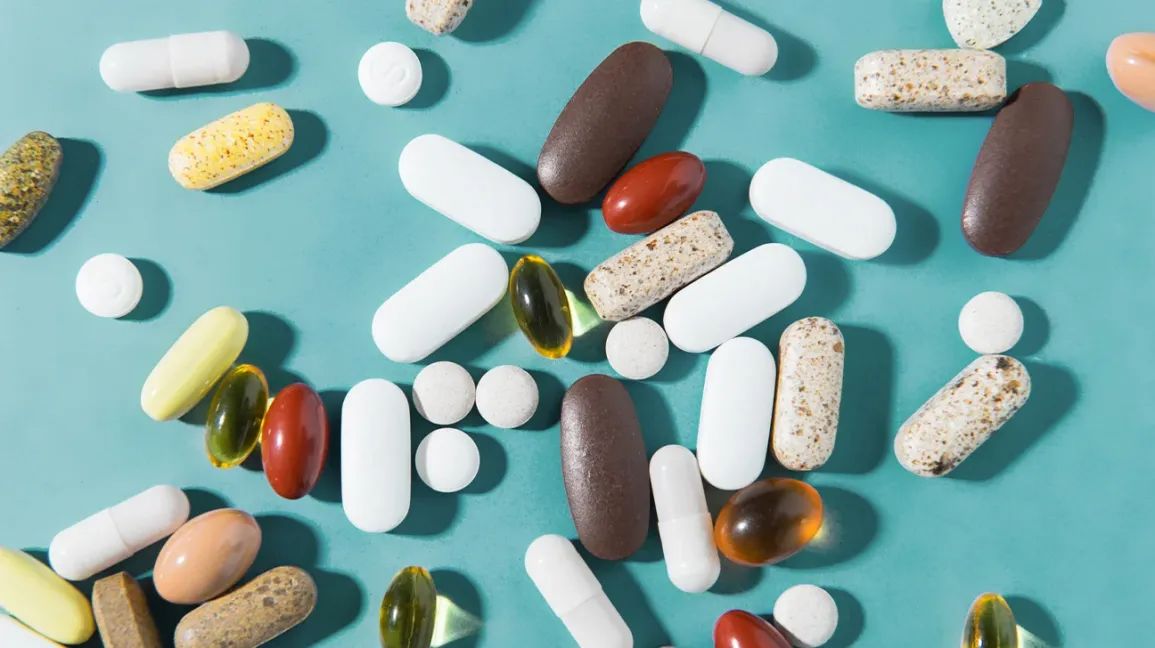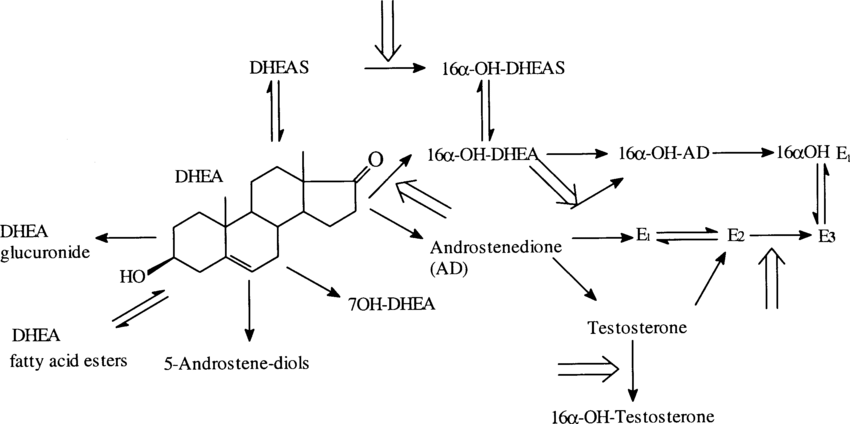-
- BoldMast EnanMast PropNandro DecaNandro PPPrimobolanSustanonTest CypTest EnanTest propTren AceateTren BlendTren ETren Hex
- AnadrolAnavarArimidexClenbuterolClomidDianabolProvironStanozololT3Tadalifil
Can eating DHEA actually increase testosterone levels?
Views: 2 Author: Site Editor Publish Time: 2024-09-06 Origin: Site


Let's talk about the answer first, it's not for everyone. Although dehydroepiandrosterone (DHEA) has a male character, its main secretion organ is the adrenal gland, with small amounts secreted in the gonads and brain. Dehydroepiandrosterone is a common precursor of androgens and estrogens.
Basic physiological knowledge of DHEA
Since dehydroepiandrosterone can synthesize sex hormones for the body, it is regulated by the hypothalamus pituitary system. The pituitary gland secretes the adrenocorticotropic hormone ACH, which in turn stimulates the synthesis of DHEA and other adrenal related hormones, such as cortisol, in the adrenal cortex.

So the question is, can supplementing DHEA actually increase sex hormone levels? Let's first take a look at the trend after consuming DHEA. Firstly, DHEA enters the bloodstream and flows throughout the body, where it is first converted to androstenedione in the skin, liver, gonads, and other areas, and then converted to testosterone or dihydrotestosterone as needed. These conversions are all enzymatic reactions (involving enzymes including 17 β - hydroxysteroid dehydrogenase and 5 α - reductase). The meaning of enzymatic reaction is that this process is not spontaneously generated, but is strictly regulated. Simply put, it means that if you want to raise testosterone, you have to follow the plan. The situation is similar for estrogen.
experimental evidence
For human subjects, the effects of taking DHEA supplements vary from person to person. For example, for healthy young male participants, taking DHEA has little effect on increasing testosterone levels because young men have a strong ability to secrete testosterone themselves, and serum testosterone levels are also the highest in their life stages. Therefore, even if DHEA is increased in the body, it has little effect on further increasing testosterone levels. For healthy middle-aged and elderly participants, the effect of DHEA seems to be positive. The reason is also simple, as DHEA and total testosterone levels decrease year by year with age, and supplementing with reactants (DHEA) may increase the levels of products (testosterone). Why is the relationship between the two possible? Because there are conflicts in the existing evidence. For example, a study published in the Journal of Clinical Endocrinology and Metabolism in 2006 showed that supplementing DHEA in men over 50 years old resulted in a slight increase in their serum testosterone and estradiol levels. A large-scale analysis in 2013 showed that some studies showed that participants taking DHEA could achieve a slight increase in testosterone levels, while others did not affect the serum testosterone levels of participants taking DHEA (i.e. DHEA did not increase the testosterone levels of these participants). For patients with adrenal insufficiency, supplementing DHEA can increase male testosterone and female estrogen levels, and improve patients' mood, energy levels, and sexual function.
From the above evidence, we seem to draw a less rigorous conclusion: supplementing DHEA without lacking DHEA may be a placebo effect. But strangely, WADA (World Anti Doping Agency) has listed DHEA as an anabolic agent and listed it as a prohibited substance. The reason why WADA banned DHEA is that it can be converted into testosterone and other male hormones, which can improve muscle mass, strength, recovery, and overall athletic performance. WADA prohibits athletes from using DHEA at any time of the year. Using a reverse thinking approach, since WADA has banned DHEA, it indicates that DHEA does have a positive effect on improving athletic performance (otherwise why didn't WADA ban rice?). So we cannot help but ask why DHEA has limited effects on ordinary people, but is useful for athletes?

It's not difficult to explain this problem. As we mentioned earlier, if serum testosterone levels are at normal levels, supplementing DHEA is of little use. But athletes are different. Athletes undergo high-intensity training all year round, so their testosterone levels are greatly depleted (yes, hormones are like electricity to new energy vehicles, they can't run without a car). When testosterone consumption is excessive but the synthesis of endogenous androgens is not enough to make up for the gap, supplementing DHEA is a more convenient way. In this case, supplementing DHEA can be seen as an indirect way to supplement testosterone. In addition, DHEA plays an important role in buffering cortisol in athletes. We all know that high levels of cortisol can lead to muscle breakdown, and an increase in DHEA can provide negative feedback to the hypothalamic pituitary adrenal axis, thereby reducing cortisol levels. High intensity training for athletes can easily lead to an increase in cortisol, and supplementing DHEA at this time has a positive effect on collective recovery and reducing breakdown.
Should DHEA be eaten or not
For the general public who pursue health, if they train at moderate intensity 2-4 times a week and the duration is not long, the overall impact of eating DHEA should not be significant. But if you are a passionate fitness enthusiast (but not a professional athlete bound by WADA), frequently engage in high-intensity training, and spend a lot of time on training every day, taking DHEA can improve training, with a dosage range of 25mg-100mg/day.
QUICK LINKS
NEWSLETTERBe the first to receive updates on new arrivals, special promos and sales.Sales: order@frontlinestandard.net
After sale: contactus@frontlinestandard.net








